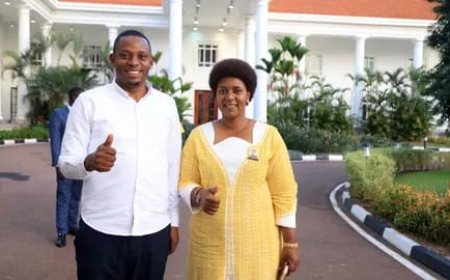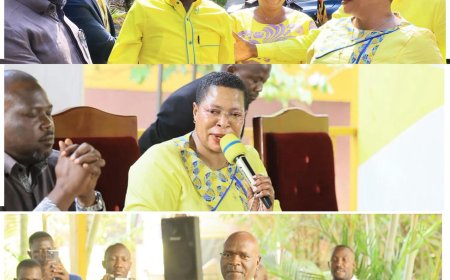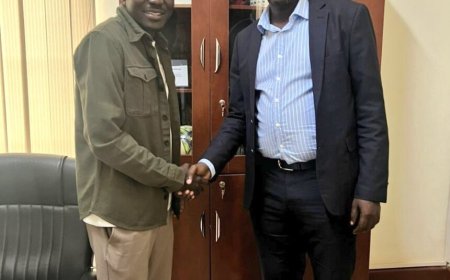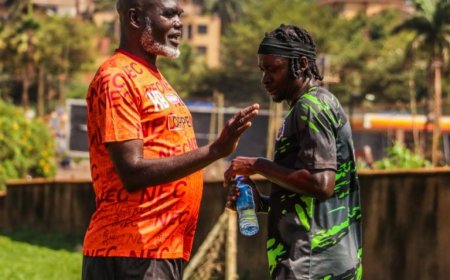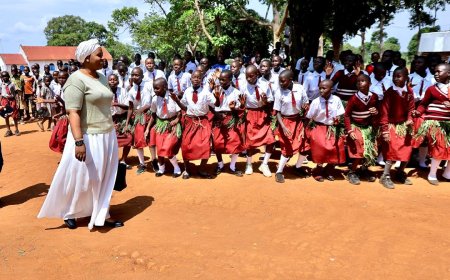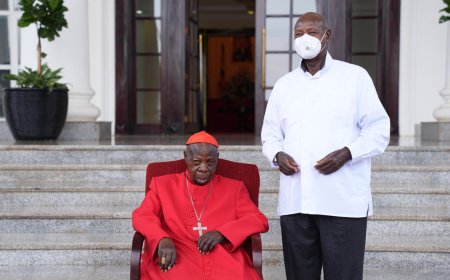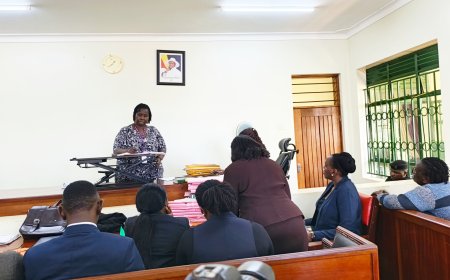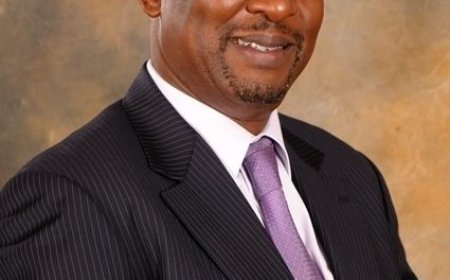President Museveni Reaffirms Eviction of Migrant Balaalo: Calls for Order, Patriotism, and Respect for Local Communities
Phase one of the ongoing enforcement operation involves sensitization of cattle keepers, landowners, and local leaders. Voluntary compliance is encouraged, but mandatory eviction commenced on June 25 and will last for 65 days. Only designated authorities, including security organs, veterinary officers, the Uganda Wildlife Authority (UWA), National Forestry Authority (NFA), and the Ministry of Internal Affairs, are permitted to oversee the eviction exercise. Local council leaders and representatives from the Acholi Cultural Institution are also integral to the process.
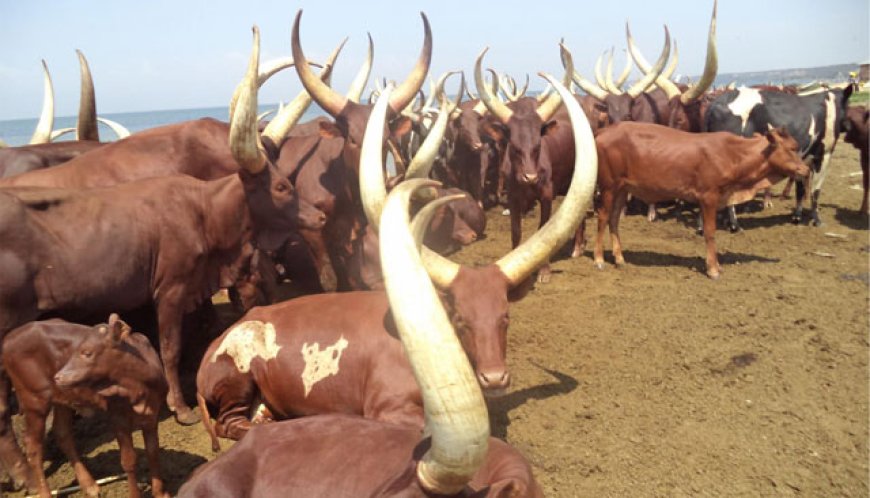
President Yoweri Kaguta Museveni has once again weighed in on the controversial issue of the Balaalo—migrant cattle keepers—whose activities in Northern, North Western, and Eastern Uganda have drawn widespread concern due to unlawful grazing, land disputes, and community tension. In a strongly worded message to the nation, particularly the Bazzukulu (grandchildren), the President outlined the rationale behind a renewed directive aimed at regulating the presence of these pastoralists in areas outside their native regions.
Second Eviction Order of 2025: Enforcement Begins
The new directive, which took effect on June 25, 2025, marks the second eviction order issued by the President this year. It revives and reinforces Executive Order No. 3 of 2023, which had earlier been suspended in December 2023 following a widespread outbreak of Foot and Mouth Disease (FMD) in over 30 districts.
Phase one of the ongoing enforcement operation involves sensitization of cattle keepers, landowners, and local leaders. Voluntary compliance is encouraged, but mandatory eviction commenced on June 25 and will last for 65 days. Only designated authorities, including security organs, veterinary officers, the Uganda Wildlife Authority (UWA), National Forestry Authority (NFA), and the Ministry of Internal Affairs, are permitted to oversee the eviction exercise. Local council leaders and representatives from the Acholi Cultural Institution are also integral to the process.
Museveni’s Key Concerns: Patriotism vs. Lawlessness
President Museveni began by exposing what he described as "lies and distortions" on social media surrounding the eviction of the Balaalo. He emphasized that the primary concern is not tribalism or chauvinism but rather disorder, disrespect, and illegal activity by some herders.
He identified eight major grievances:
Kwonesa (grazing on other people’s crops) – The President denounced this as unpatriotic and a violation of unity among Ugandans.
Lack of fencing (senge-nge/barbed wire) – Museveni stressed that any livestock farming without adequate enclosures is irresponsible.
Water scarcity on rented or bought farms – This compels cattle to wander, resulting in destruction of crops.
Blocking access to public resources – Fencing off community routes to rivers and public utilities is unacceptable.
Land legality issues – The President clarified that owning land legally does not grant the right to cause disturbances or break communal harmony.
Invasion of government ranches – He revealed that government breeding and development plans are being sabotaged by the illegal occupation of state ranches.
Issuance of fraudulent movement permits – The Movement Permit (ebaruha y’okufuruka) system is being abused by some to facilitate illegal herding.
Intimidation and impunity – Museveni condemned the alleged use of armed relatives and military affiliations by some Balaalo to defy local justice mechanisms.
Legal vs. Illegal Settlers: A Clear Distinction
The President was careful to separate patriotic, law-abiding cattle farmers from rogue actors. He cited the example of a Munyoro woman, Adyeeri, who operates a fruit farm in Nwoya District and is loved by locals due to her peaceful and productive contribution to the community.
He emphasized that non-Acholi or non-Northerners engaged in crop farming are not facing resentment because crops do not trespass or destroy property: "Crops do not Kwonesa other crops," he noted pointedly.
The Way Forward: Verification and Justice
As the eviction proceeds, cattle will be moved out, but owners will remain to participate in a verification and audit exercise.
This will assess:
The legitimacy of land ownership (whether private or fraudulently acquired communal land).
Whether herders have fencing, water sources, and lawful permits.
If they have respected community rights, such as access routes and boundaries.
This parish-level exercise will reduce chaos and enable targeted implementation. Locals will work with the audit team to determine who can stay and who must permanently vacate.
Defending the Executive Orders
In response to commentators such as Andrew Mwenda, who criticized the Executive Orders as promoting tribalism, the President reaffirmed that the orders are not meant to marginalize any Ugandan but to uphold law, order, and mutual respect.
He warned that invoking military power and defying community customs—like kutsibika (tying offending cattle)—threatens peaceful co-existence. “That is why they need the Executive Order of the President of Uganda,” he concluded.
President Museveni’s directive is not just an administrative measure but a reflection of his enduring commitment to national cohesion, orderly development, and lawful conduct. The message is clear: Uganda belongs to all its citizens, but citizenship comes with responsibility.
As the 65-day enforcement period unfolds, the nation will be watching to see if this long-standing and contentious issue is finally resolved—balancing the rights of nomadic pastoralists with those of host communities who seek to preserve their land, culture, and livelihoods.
